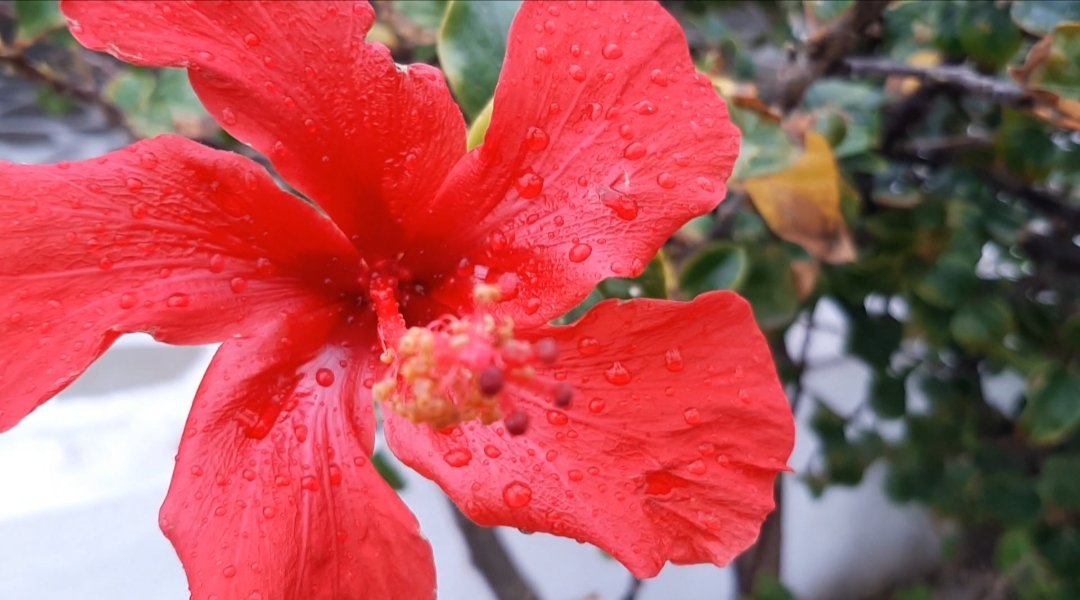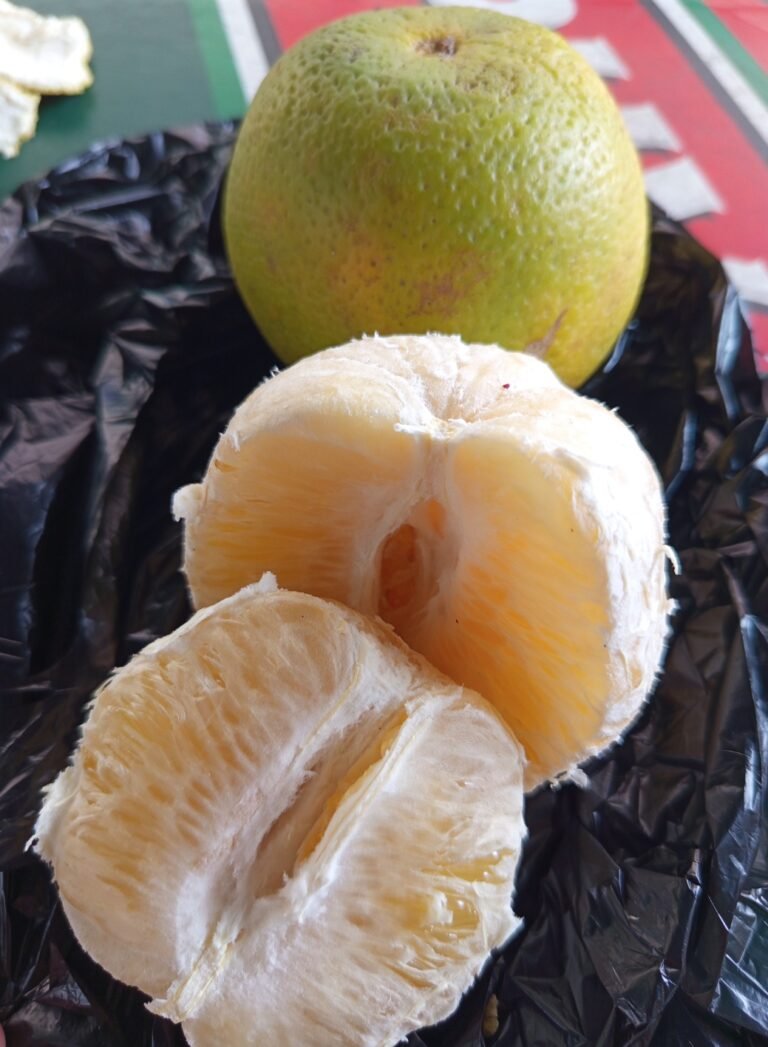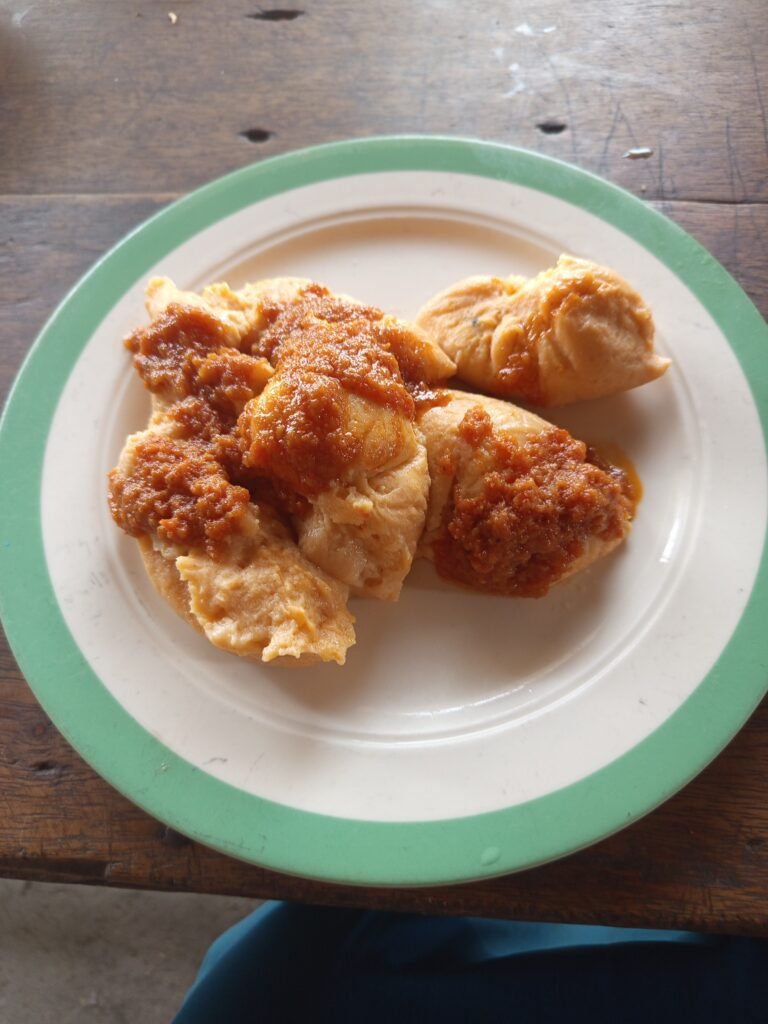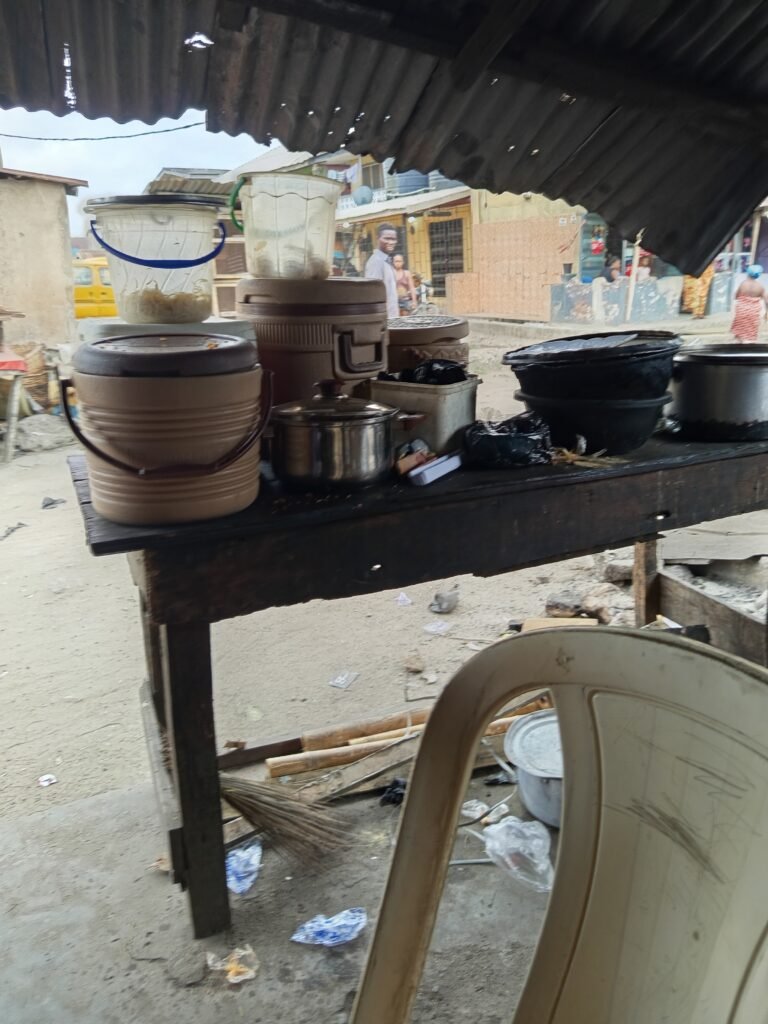Sobo in Nigeria and Karkade in Egypt – Hibiscus Drinks Between Culture, Health and Personal Journey
There are drinks that keep accompanying me on my journeys. Hibiscus is one of them. Whether as Sobo (or Zobo) in Nigeria or as Karkade in Egypt – the deep red color, the refreshing taste, and the cultural meaning fascinated me from the very beginning. By now, I even try to carry dried hibiscus petals in my backpack so I can prepare a sip of home wherever I go.
Hibiscus – a plant with history
The basis of both drinks are the dried calyces of Hibiscus sabdariffa, also called Roselle. The plant probably originated in West Africa but spread along trade routes to Egypt, India, Mexico, and the Caribbean.
Today, hibiscus is a worldwide cultural heritage:
👋 Thanks for being here!
This blog shows what others often leave out – honest, raw, from a different angle. If you value these unusual perspectives, your support helps me keep writing. Whether it’s once or regularly – every small gesture means a lot.
🫶 Thank you for helping voices like mine be heard.
- Nigeria → Sobo or Zobo
- Egypt → Karkade
- Senegal → Bissap
- Mexico → Agua de Jamaica
Everywhere hibiscus is prepared differently – but one thing always remains: its red color and refreshing tangy taste.
Sobo in Nigeria – sweet, strong and full of energy
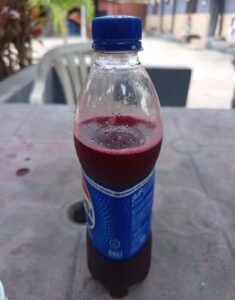
In Nigeria, Sobo is part of everyday life. I mostly bought it in 60 cl plastic bottles, filled by women at the roadside – often reused soda bottles. For just a few Naira you get such an ice-cold refreshment.
The taste? Sweet, strong, and often spiced. Besides hibiscus, people love to add ginger, cloves, and cinnamon sticks. Every vendor has her own recipe, and every bottle tastes a little different.
Recipe for Nigerian Sobo (served cold)
- 2 cups hibiscus petals
- 1 liter water
- 1 piece of fresh ginger
- 1–2 cinnamon sticks
- 2–3 cloves
- Sugar or honey to taste
- Optional: fresh pineapple pieces
Preparation: Boil hibiscus and spices for 20 minutes, strain, sweeten, and let cool down. Serve with ice – Nigeria’s red classic is ready.
👉 For me, Sobo was sometimes almost too sweet, but it has something unique: it quenches thirst, gives energy, and can be found everywhere in Nigeria.
Effects & significance in Nigeria
Traditionally, many believe that Sobo helps with:
- Digestive problems,
- Cleansing the body (“detox”),
- Strength in the heat, because it cools the body.
It is also considered a festive drink – no Nigerian celebration without Sobo.
Karkade in Egypt – hospitality in a glass
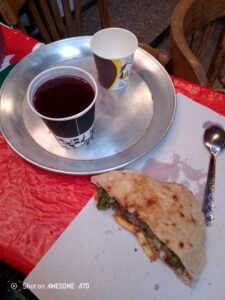
In Egypt, I experienced Karkade as a symbol of hospitality. Whoever is invited often receives a glass of Karkade – hot or cold. Especially in summer, the cold version is very popular.
Compared to Nigeria, I found the taste more pleasant and balanced. In Egypt, less sugar is used, which allows the natural sourness to come through better. Some add rose water or cardamom – giving the drink an oriental touch.
Recipe for Egyptian Karkade (served cold)
- 2 cups hibiscus petals
- 1 liter water
- Sugar to taste
- Optional: a few drops of rose water or some cardamom
Preparation: Pour hot water over hibiscus, let steep for 15 minutes, strain, sweeten, let cool, and serve cold.
👉 For me, Karkade was always perfectly balanced – not too sweet, not too sour. A drink that reminds me of cozy cafés in Cairo and long evenings by the Nile.
Effects & significance in Egypt
In Egypt, Karkade is traditionally consumed:
- as a blood pressure reducer,
- for relaxation,
- during heat waves, to cool down the body.
Karkade is even part of weddings – a drink symbolizing happiness and prosperity.
Scientific findings – why hibiscus is so healthy
Beyond traditions, studies confirm the positive properties of hibiscus:
- rich in antioxidants,
- may lower blood pressure and cholesterol,
- supports the immune system,
- has antibacterial and mild diuretic effects.
In both countries, cultural knowledge is intertwined with modern science – hibiscus is much more than just a drink.
Similarities & differences
- Similarities: deep red color, refreshing tanginess, health benefits.
- Differences: Nigeria loves spices and sweetness, Egypt prefers balance and simplicity.
- Meaning: Sobo = everyday drink & party culture, Karkade = hospitality & symbolism.
My conclusion – hibiscus as a travel companion
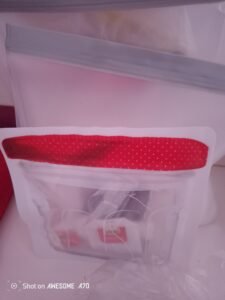
For me, hibiscus is more than just tea. It connects countries, cultures, and memories. Whether sweet Sobo in Nigeria or balanced Karkade in Egypt – both drinks are among my favorite travel moments.
And maybe that’s exactly the beauty of it: just a handful of dried petals in my backpack are enough to bring a piece of Nigeria or Egypt back to life anywhere in the world.
➡️ More personal impressions and travel stories can be found at The Oddity Expedition.
